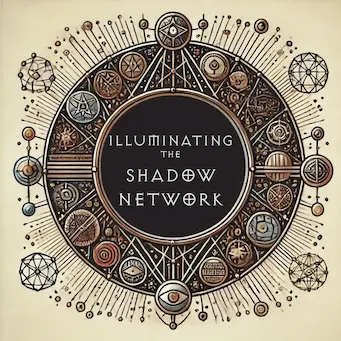Chris Horner
Role: Contributor
Position: Attorney and Climate Policy Expert
Background:
Chris Horner is a Senior Legal Fellow at the Competitive Enterprise Institute (CEI) and an attorney based in Washington, D.C., with over 25 years of experience in environmental policy. He is well-known for his opposition to the scientific consensus on climate change and has authored several books disputing the evidence for man-made global warming, including The Politically Incorrect Guide to Global Warming. Horner frequently testifies before U.S. Senate Committees and provides commentary on environmental issues for various media outlets. His work has made him a prominent figure in climate-skeptic circles.
Relation to Trump:
Chris Horner did not hold a formal position in the Trump administration, but his work and affiliations align closely with the administration’s deregulatory and climate-skeptic policies. His involvement with conservative think tanks like CEI and the Heritage Foundation, both of which influenced Trump-era policies, underscores his alignment with Trump’s approach to environmental and climate policy. Horner was even part of Trump’s EPA transition team, where he contributed to shaping the administration’s environmental agenda.
Scandals or Controversies:
Horner has faced significant backlash for his climate change denial and for receiving financial support from the coal industry, as revealed through bankruptcy court documents. His aggressive use of Freedom of Information Act (FOIA) requests to obtain private communications of climate scientists has also been a source of controversy, with critics accusing him of harassing scientists to discredit climate research. These actions have drawn widespread criticism from environmentalists and climate advocates.
Potential Concerns:
Horner’s work, particularly his stance on climate change and his financial ties to the fossil fuel industry, raises concerns about his influence on public policy. Critics argue that his efforts undermine scientific efforts to address climate change and promote the interests of the fossil fuel industry over environmental protection.


